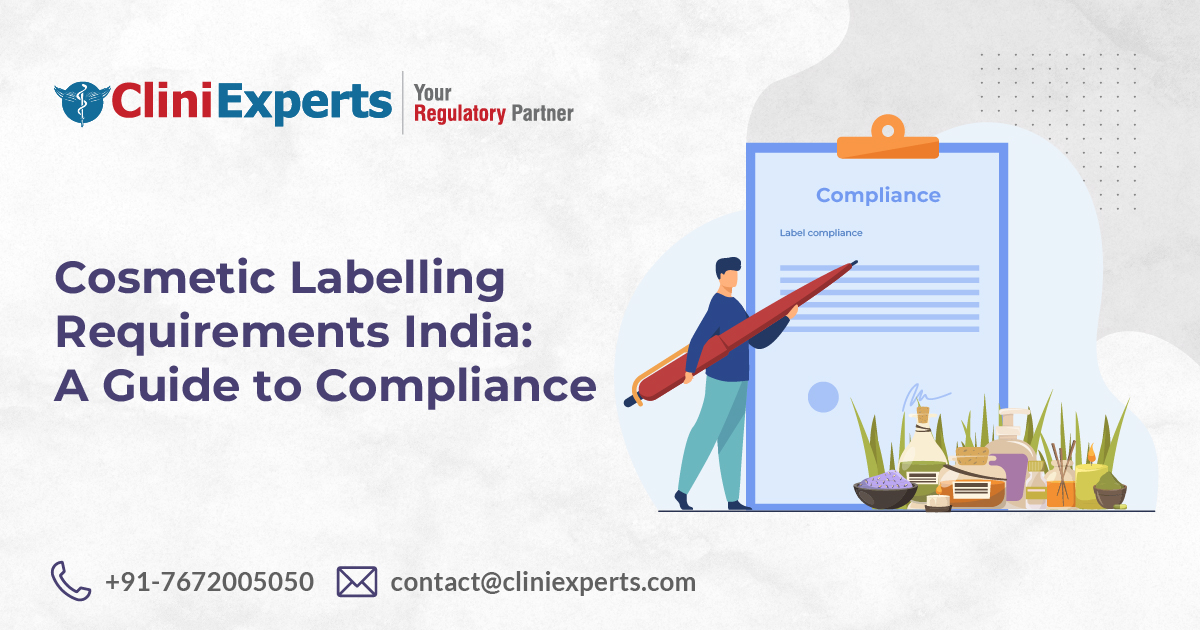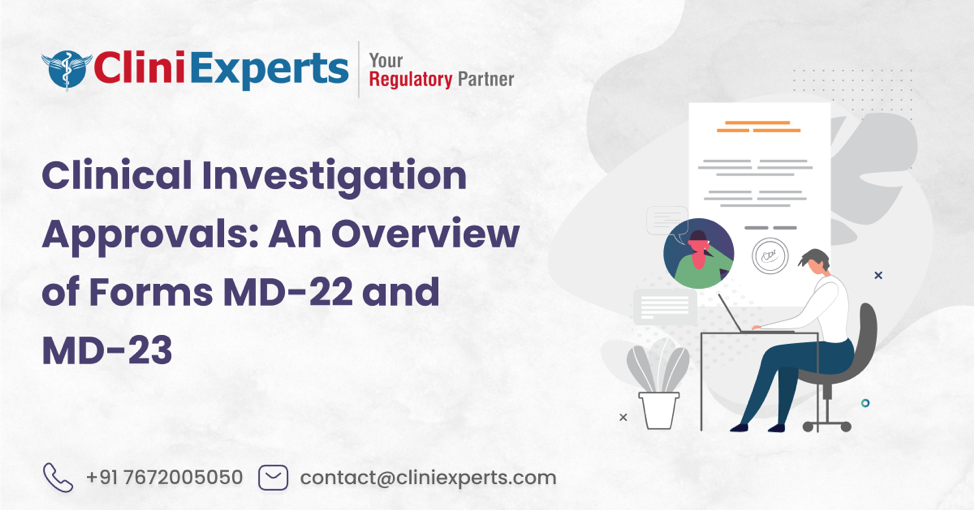Govt forms panels to frame guidelines & SOPs for approval of new drugs, trials, banning drugs
The Union health ministry has constituted two expert committees to formulate policy guidelines and standard operating procedures (SOPs) for approval of new drugs, clinical trials, banning of drugs and Fixed Dose Combinations (FDCs).
The expert committee to formulate policy guidelines and SOPs for approval of new drugs, clinical trials, banning of drugs will be headed by Professor Ranjit Roy Chaudhury, National Professor of Pharmacology and Advisor, Department of Health and Family Welfare, Government of NCT of Delhi. Other members of the seven-member committee are Dr V P Kamboj, former director, Central Drugs Research Institute (CDRI), Lucknow; Dr BT Kaul, Professor of Law, Delhi University; Dr Mira Shiva, coordinator, Initiative for Health, Equity and Society; Dr Vasantha Muthuswamy, former senior deputy director general, ICMR; Dr Uma Tekur, Professor of Pharmacology, Maulana Azad Medical College, Delhi; and Dr Sujith Chandy, professor of Pharmacology, Christian Medical College, Vellore.
The terms of reference of this committee are to formulate policy guidelines and SOPs for approval of new drugs including biologicals with special emphasis on: to plan a transparent, equitable system of clinical evaluation of new drugs; requirements of local clinical trial on Indian population for drugs approved in other countries; specific circumstances, if any, under which local clinical trial can be abbreviated, relaxed or omitted; types of local clinical trial, its design, sample size, sites and their distribution, inclusion of ethnic population etc. in the local clinical trial; and requirements of post marketing (phase IV) trial to assess safety of new drugs in Post Marketing scenario.
The committee has also to formulate policy guidelines and SOPs for approval of clinical trials including global clinical trials of new drug substances discovered abroad and bioavailabilily and bioequivalence study for export with special emphasis on: monitoring the functions of Ethics Committees; accreditation of clinical trial sites and investigators; clinical trials inspections; and participation of state authorities in monitoring of clinical trials.
The Expert Committee to formulate policy guidelines and procedures for approval of Fixed Dose Combinations (FDCs) is headed by Prof C K Kokate, vice chancellor, KLE University, Belgaum. Other members of the committee are Dr Urmila Thatte, Prof. & Head of Clinical Pharmacology, KEM Hospital & Seth GS Medical College, Mumbai; Bikash Medh, Addl. Prof of Pharmacology, Post Graduate Institute of Medical Education and Research (PGIMER), Chandigarh; Dr R K Khar, former dean, Jamia Hamdard University, New Delhi; and Dr HG Koshia, commissioner, Gujarat FDCA.
The terms of reference of this committee are to formulate policy guidelines and SOPs for approval of FDCs with special emphasis on requirements of clinical trial on Indian population; types of local clinical trial, its design, sample size, sites and their distribution etc in the clinical trial; requirements of post marketing (phase IV) trial to assess safely of FDCs in post marketing scenario; and to formulate guidelines and SOPs on the functioning of New Drug Advisory Committees (NDACs) in respect of FDCs.
Recent Posts
Organic Food Labelling In India| Certification, and Import of Organic Food in India

This Article is All About Organic Food Labelling In India and Certification, and Import of Organic Food in India. Explained in Detail About What is Organic Food labelling? Summary Short Description Wi..
Cosmetic Label Compliance India : A Guide to Compliance

Introduction Looking for Cosmetic Label Compliance India? Are you a cosmetic manufacturer or importer navigating the complex world of Indian regulations? Ensuring your product labels comply with the l..
Clinical Investigation Approvals: An Overview of Forms MD-22 and MD-23

Summary Short Description Strict regulatory protocols govern clinical investigations for medical devices. Central to this process are forms MD-22 and MD-23. Form MD-22 is an application to Central Lic..
HAVE A QUERY?
REACH US!Office
New Delhi
Unit No. 324 & 325, City Centre Mall, Plot No. 5, Sector 12, Dwarka, India - 110075
+917672005050
Bengaluru
RMZ Galleria, 1st floor, Ambedkar Colony, Yelahanka, Bengaluru, Karnataka, India – 560064
Call us on
Sales: +91 7672005050
Reception: +91-11-45214546
Timings
9 am to 6 pm (Monday to Friday)


